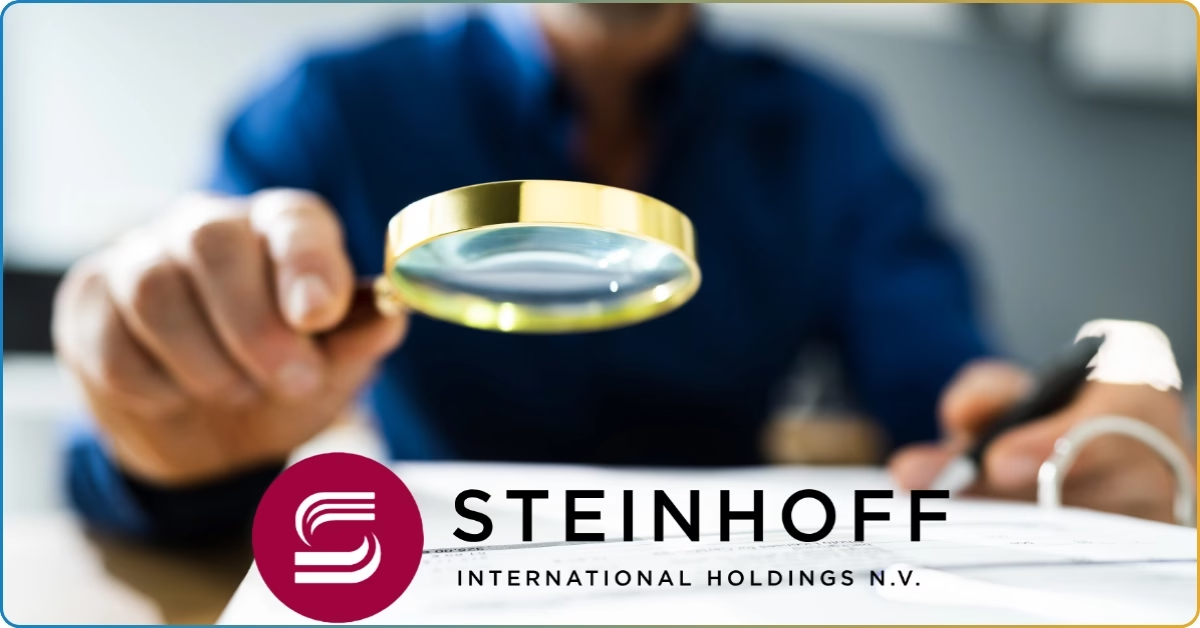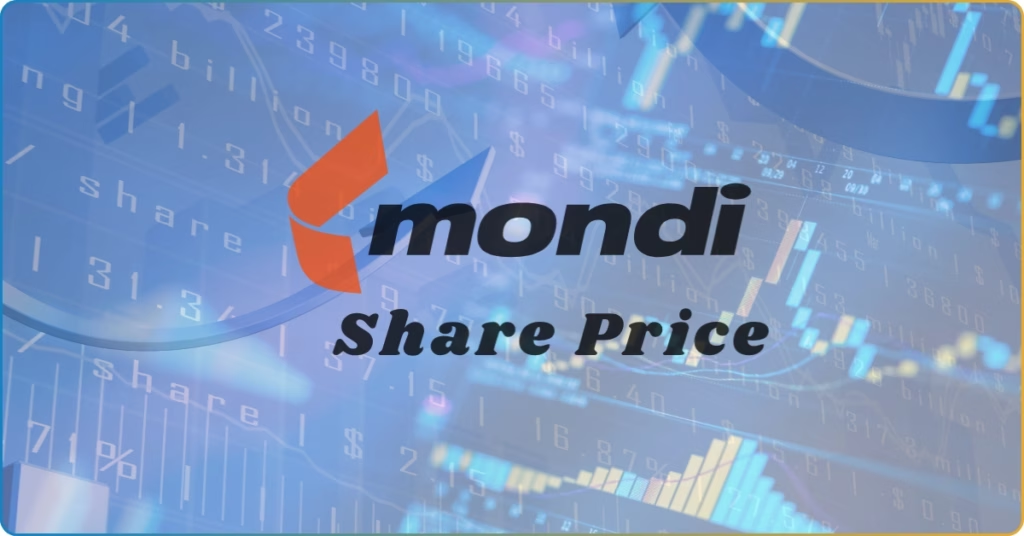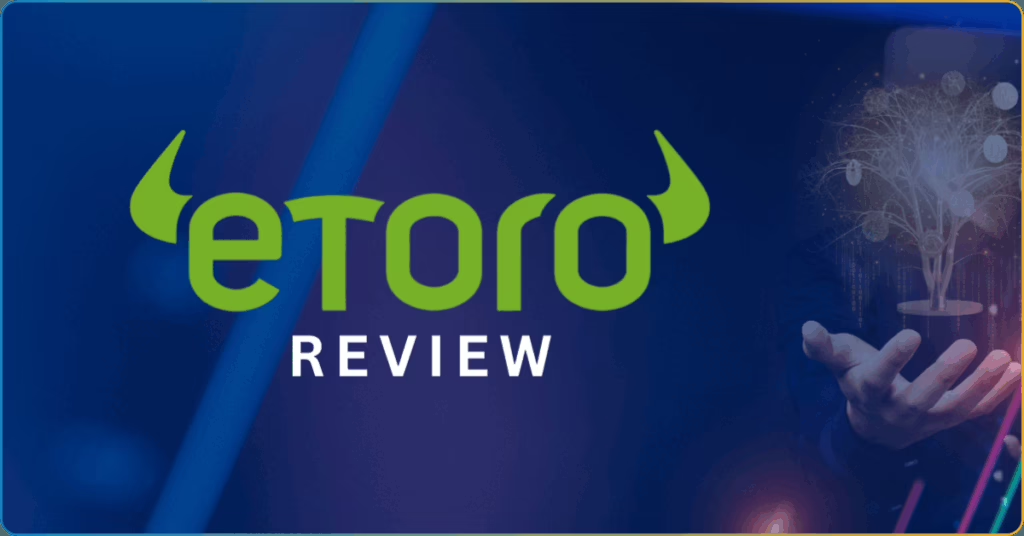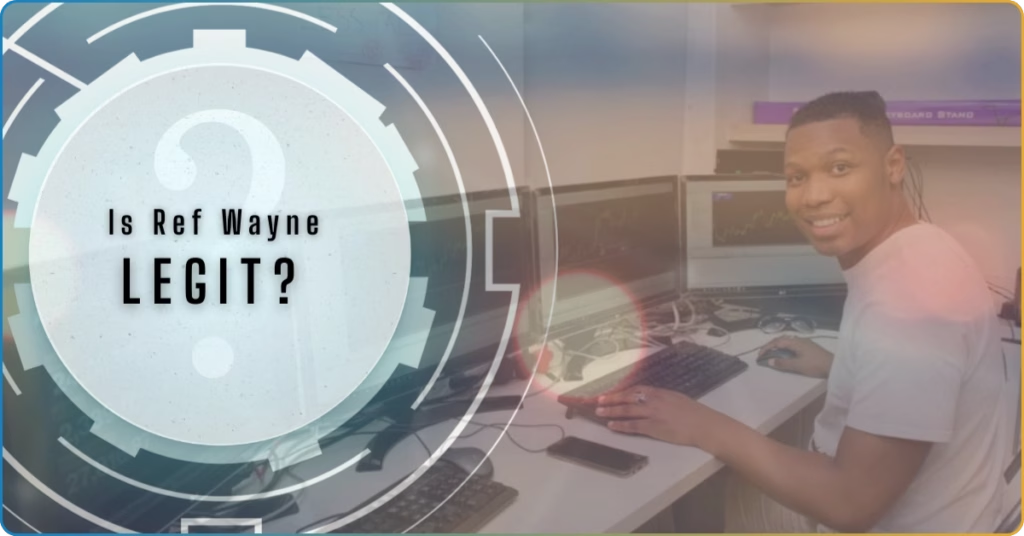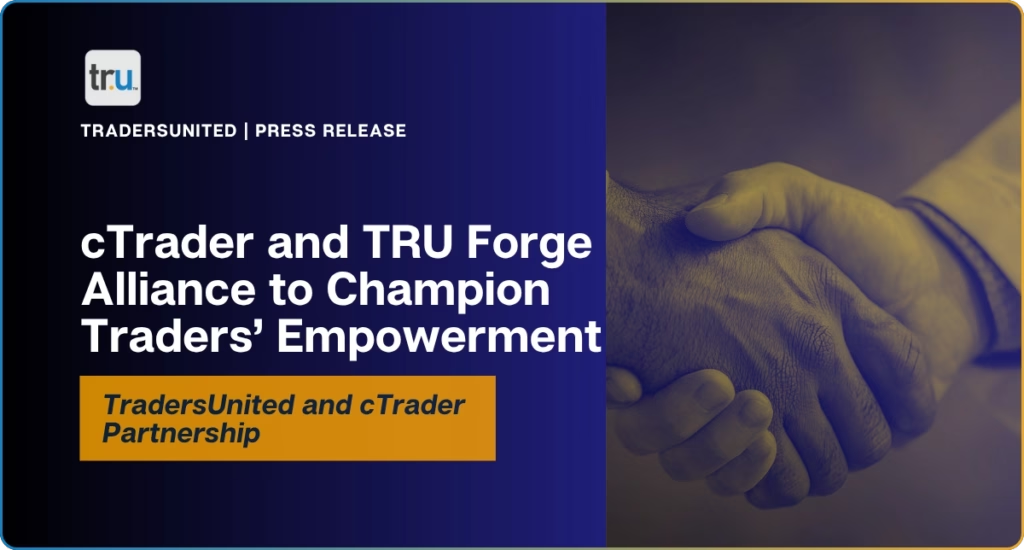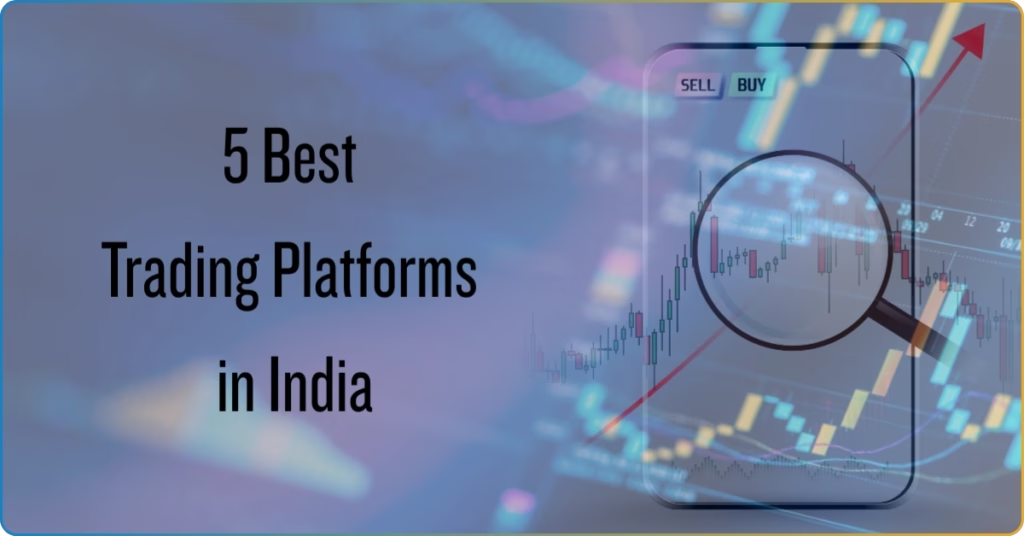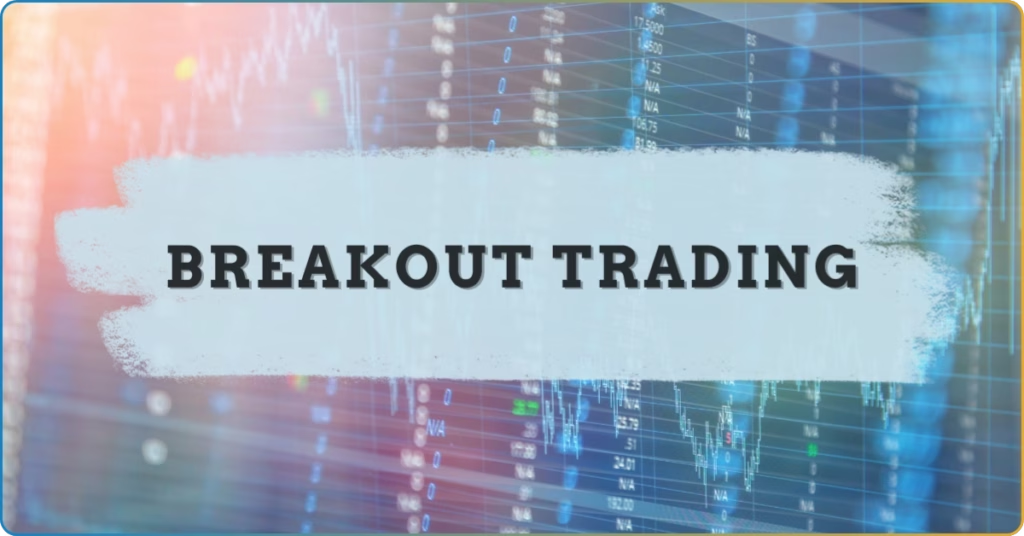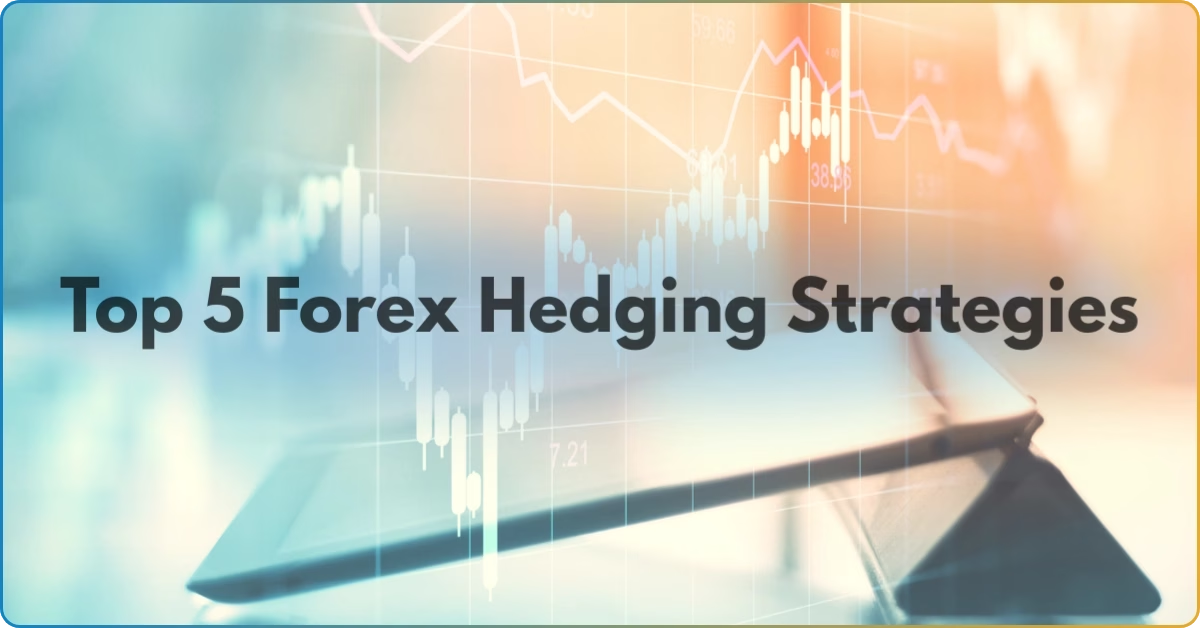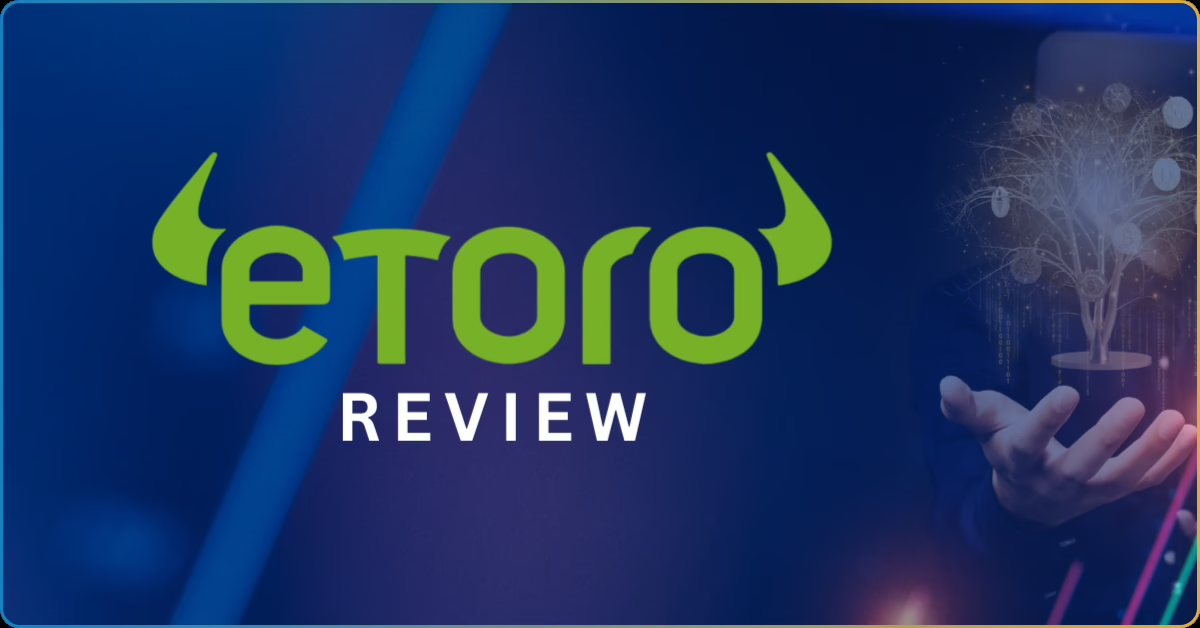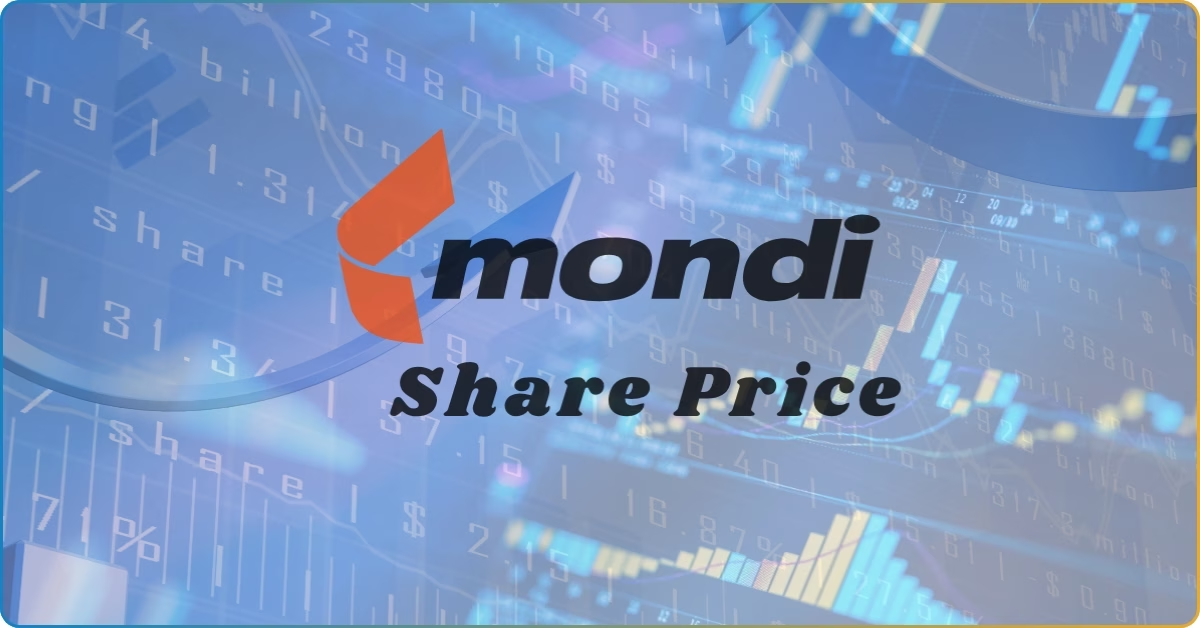Steinhoff International Holdings Limited was an integrated company that manufactured, sourced, distributed, and retailed household goods and furniture in Europe and the Pacific Rim.
Here, let’s discuss what happened to Steinhoff, the role of Markus Jooste and Steinhoff’s leadership, and lessons learned from this scandal.
What Happened to Steinhoff?
Steinhoff had more than 40 retail brands in over 30 countries, positioning the company as one of the largest companies by market capitalization on the JSE.
Steinhoff was once a part of the Johannesburg Stock Exchange (JSE) Top 40 Index, the JSE Top 25 Industrial Index, and the JSE Socially Responsible Investment (SRI) Index.
Its market value was almost ZAR 300 billion, as recorded in early 2017, placing it in the top 10, including South African corporate giants Nasper, Richemont, Anglo American, Sasol, Standard Bank, and Firstrand.
However, its reign as one of the biggest names in South African retail industry ended on December 5, 2017, when Steinhoff CEO, Markus Jooste, announced he is stepping down from the position.
The Steinhoff board also announced that the company had been aware of “accounting irregularities requiring further investigation.” The Steinhoff saga led to the Steinhoff share price falling by 85%.
An independent Steinhoff report by PwC claimed that Steinhoff had overstated its profits for several years by $7.4 billion, accounting for fraud that involved a small group of top executives and outsiders.
In the report, PwC recorded irregular or fictitious transactions totaling $7.4 billion or 6.5 billion euros from 2009 to 2017, inflating the group’s profit and asset values.
Investigators found that a small group of former Steinhoff executives and individuals from outside of the company implemented such deals, led by an identified “senior management executive.”
The initial statement from Steinhoff shocked its investors, who backed its reinvention from a small South African brand to a multinational retailer.
This scandal wiped out ZAR 216 billion from Steinhoff’s market value, which is a dramatic turnaround for a company that was once a must-have in the portfolios of fund managers.
The Role of Markus Jooste and Steinhoff’s Leadership
The Steinhoff scandal is dubbed the most acute political crisis since the end of the apartheid. This scandal highlights a serious gap in the checks and balances in the investment management space.
The public’s knowledge on the matter is largely from investigative journalism due to Steinhoff’s reluctance to disclose the full details.
The company commissioned a 7,000-page PwC report. However, only an 11-page overview of the report was made public, leaving the majority of the content shrouded in secrecy.
Efforts from the Financial Mail and AmaBhungane to gain access to the entire PwC report have been met with fierce resistance from Steinhoff.
It claimed legal privilege, but the courts disagreed, emphasizing the importance of access to information to make accurate reporting and public understanding.
However, Steinhoff never stopped trying to keep the entirety of the PwC report hidden, seeking new avenues to hide the full truth.
This underscores the group’s blatant disregard for journalistic access to information and an alarming lack of appreciation for the media’s role in investigating and exposing corporate crimes.
After Jooste successfully reduced his insider trading fine from ZAR 161.6 million to ZAR 20 million, the Financial Sector Conduct Authority (FSCA) fined him with a ZAR 475 million administrative penalty.
This fine included ZAR 10 million to reimburse FSCA for the cost incurred in the investigation and interest at the rate of 11.75%.
This penalty amount considered factors including the need to deter similar actions, the amount of losses experienced by the market, and Jooste’s cooperation during the investigation.
However, Jooste had died of a gunshot wound a day before he was to be arrested on several charges of fraud.
In addition to the fine given to Jooste, Steinhoff International was also imposed with ZAR 1.5 billion in 2019, which was then reduced to ZAR 53 million upon the application made by the company.
This fine was paid before the retail giant became a new private Dutch holding company at the end of 2023.
Meanwhile, Schreiber negotiated a leniency agreement with the FSCA in exchange for cooperating with the investigation.
Hence, even though Schreiber was found guilty, he did not face an administrative penalty, unlike Jooste.
Lessons Learned from the Steinhoff Saga
Forensic accountant and financial analyst Howard Schilit said that all financial scandals and major frauds around the world have warning signs that are hard to miss.
The question is, then, why did no one see the warning signs leading to the Steinhoff saga?
This is where due diligence comes in. Due diligence is an essential aspect of investment decision-making. However, there are no clear guidelines on how to carry out a due diligence check.
Could the Steinhoff scandal have been avoided if well-established fraud models and ratios were used during due diligence screening and follow-up procedures?
Grove, Clouse, and Malan applied 16 well-known fraud models and red flag ratios to the group’s business from 2013 to 2016 in a 2019 study titled “Applying due diligence guidelines and procedures to Steinhoff International Holdings: Could South Africa’s largest accounting scandal have been avoided?”
Their results showed that the due diligence screening guidelines identified red flags from 2013 to 2016. These red flags should have led to investigative follow-up procedures, but they did not happen.
Hence, what lessons can we take away from the Steinhoff saga?
First, board directors can follow due diligence steps to strengthen their corporate governance role as gatekeepers for the company’s investors and to avoid considerable losses.
Second, financial statement users could increase their understanding of organizational risk and meet their fiduciary responsibilities as board members, auditors, investment bankers, investment managers, and governmental regulators.
Lastly, board directors should heed alerts by both the new and old fraud models because they should not be in a position where they are surprised by fraud in their organizations.
You may also be asking…
What is the biggest accounting scandal in history?
The world’s biggest accounting fraud case is the Lehman Brothers scandal, wherein the firm hid over $50 billion in loans disguised as sales.
It is followed by the Bernie Madoff, Saytam, Enron, Treaty of Utrecht, and WorldCom scandals.
What is the accounting scandal in South Africa?
The Steinhoff scandal is one of the biggest cases of corporate fraud in South Africa.
What are the criminal charges against Steinhoff?
Steinhoff International was under massive scrutiny due to the accounting scandal that came to light in 2017. Here are the criminal charges against the company and its executives:
Ben la Grange, the group’s former CFO, was sentenced to 10 years in prison after entering into a plea agreement for one count of fraud of more than ZAR 367 million.
However, the court ruled that five years of his sentence will be suspended for five years, provided that he is not found guilty of fraud in a higher court during that period.
Jooste was also set to face criminal charges in South Africa and Germany before he took his life in March 2024.
Co-accused Stéphanus Grobler also faced criminal charges.
Conclusion
The Steinhoff scandal stands as a stark reminder of how unchecked corporate power, opaque governance, and weak regulatory oversight can devastate investor confidence and erase billions in market value.
From inflated profits and secretive transactions to the tragic downfall of its CEO, the saga exposed deep flaws not only within the company’s leadership but also in the broader financial ecosystem that enabled it.
The lessons from the Steinhoff saga are clear:
- Due diligence is non-negotiable. Red flags were present years before the collapse, yet they were ignored or overlooked. Investors must learn to spot and act on early warning signs.
- Transparency matters. Companies that resist scrutiny or hide behind legal privilege should raise alarms. Public access to information is essential for accountability.
- Governance is a frontline defense. Board members, auditors, and regulators must embrace their roles as protectors of shareholder value and not as passive observers.
As Steinhoff transitions into a private Dutch holding company, its legacy remains a cautionary tale. Let it serve as a call to action for smarter investing, stronger oversight, and a renewed commitment to ethical leadership.
If you want to keep informed about the latest frauds in the finance world, CommuniTrade is a space where verified traders share information about trading topics. Get access to insightful tips, financial mentor advice, and more exclusive perks that await.

